Wind, thunderstorms, lightning strikes and turbulence are common occurrences on aircraft. However, pilots are always instructed and trained to avoid storms to minimize safety risks to the aircraft and passengers.
This article provides some reasons why planes should always avoid severe weather patterns during flight and plan to fly around or around severe weather, according to Simple Flying .
Modern aircraft are designed to fly through storms and other adverse weather conditions. Strong winds won't knock a plane out of the sky, and heavy rain won't damage the fuselage. Lightning isn't much of a problem either. In fact, according to the National Weather Service, the average commercial airliner is struck by lightning once or twice a year.

Planes often fly around to avoid storms.
With metal aircraft, the fuselage acts as a Faraday cage with electricity being conducted through the outside (a Faraday cage is a shell of conductive material that protects the interior from external electromagnetic fields, operating on the principle that electric charges only exist on the outer surface of a conductor). With composite aircraft, conductive parts have been added to direct the flow of electricity. Although the chance of an accident is very limited, aircraft will route to avoid storms - both mild and severe. It should also be noted that avoiding storms is not difficult, unless the storm is particularly large or unexpected.
Flight routes are planned in advance and will take into account expected weather conditions. This will help avoid specific problem areas, which will be factored into the route, flight times and fuel requirements. Onboard systems will also help pilots avoid local bad weather.
One major reason to avoid storms is simply to make the flight smoother. Strong winds can seriously affect the movement of an aircraft. This is largely due to turbulence in the air caused by changes in wind speed. This occurs when the lift created by the wings increases and decreases with changes in wind speed or direction.
When this happens slowly, the noticeable impact is minimal. However, in stormy conditions, the sudden change in lift can cause nasty turbulence. Wings are designed to flex to minimize the impact – but we all know that weather conditions can still be nasty.
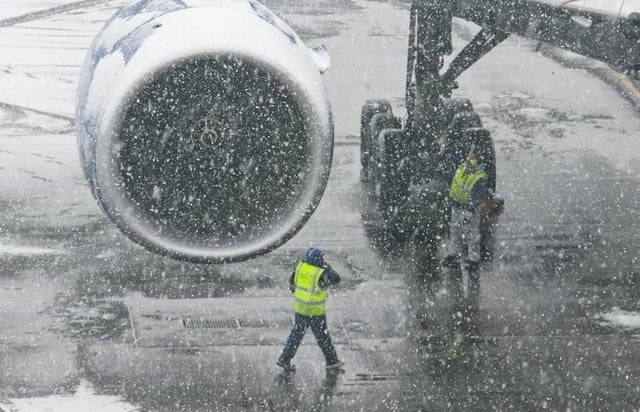
Safety is the top factor that makes planes avoid storms.
Safety also plays a big role. Firstly, even though planes are designed to withstand storms, why risk it? It is much more sensible to divert or delay a flight for a short period of time than to risk facing a potentially severe storm. Some interesting discussions from pilots on Quora highlight this.
They point out that thunderstorms can produce updrafts exceeding 6,000 feet per minute (compared to the standard climb rate of 20,000 to 3,000 feet per minute). Combined with the possibility of being struck by lightning multiple times, this can push an aircraft close to its limits.
There are also safety concerns on the ground. Storm impacts often occur at lower altitudes and can, of course, have a serious impact on take-offs and landings. This is another reason why planning ahead is essential – if a storm is likely to hit your destination airport, flights may be delayed or even diverted.
Source: https://thanhnien.vn/tai-sao-may-bay-van-tranh-bao-du-duoc-thiet-ke-de-chong-chiu-chung-185251112103354374.htm




![[Photo] Highways passing through Dong Nai](https://vphoto.vietnam.vn/thumb/1200x675/vietnam/resource/IMAGE/2025/11/12/1762940149627_ndo_br_1-resize-5756-jpg.webp)









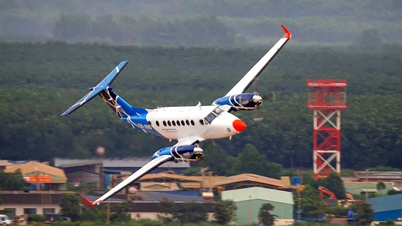






























































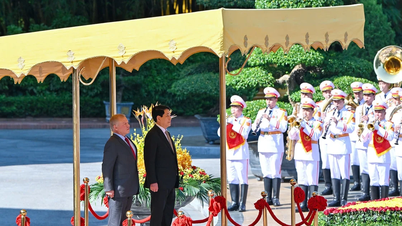



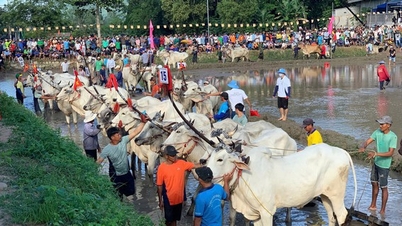










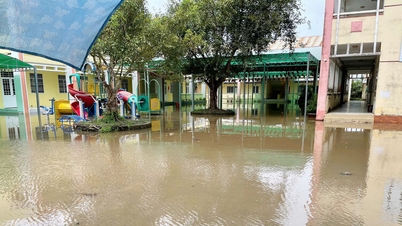

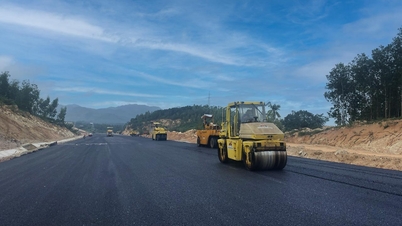




![Dong Nai OCOP transition: [Article 3] Linking tourism with OCOP product consumption](https://vphoto.vietnam.vn/thumb/402x226/vietnam/resource/IMAGE/2025/11/10/1762739199309_1324-2740-7_n-162543_981.jpeg)







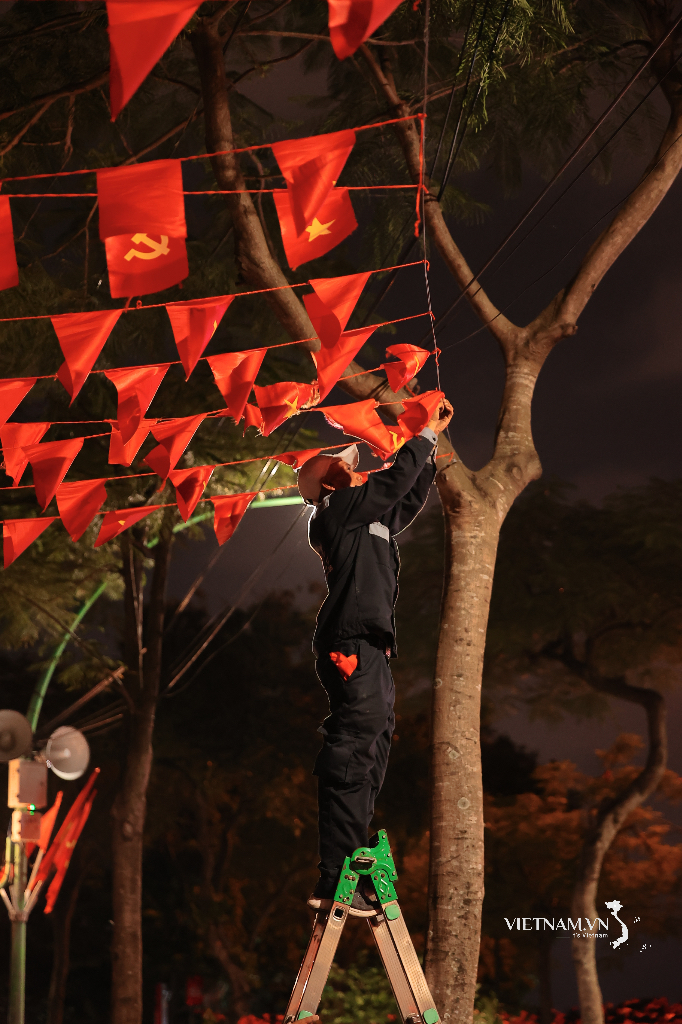
Comment (0)